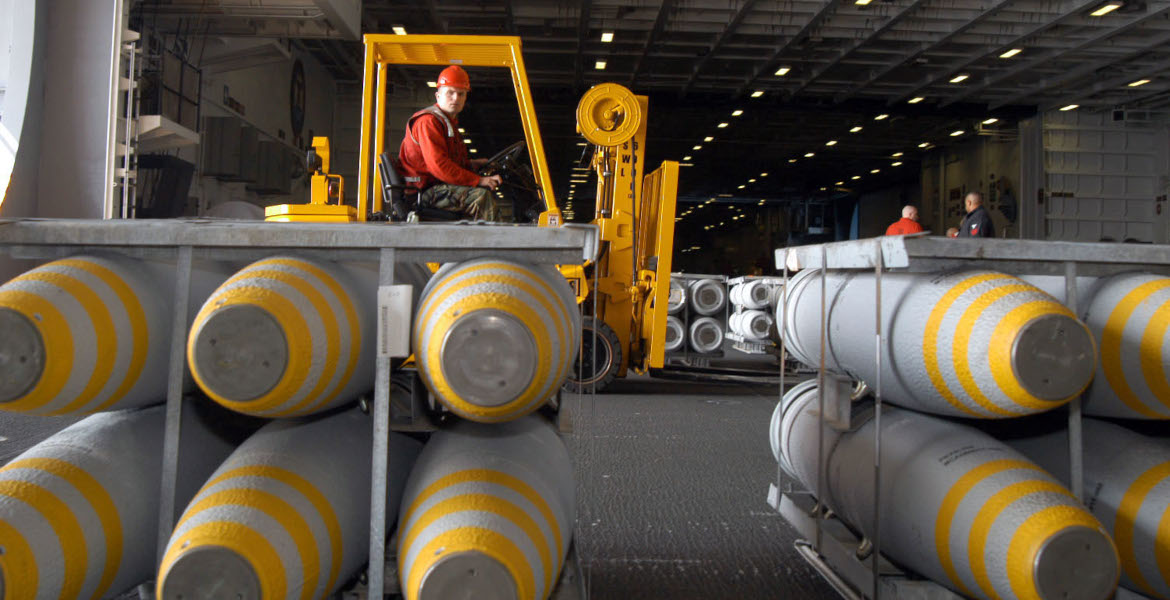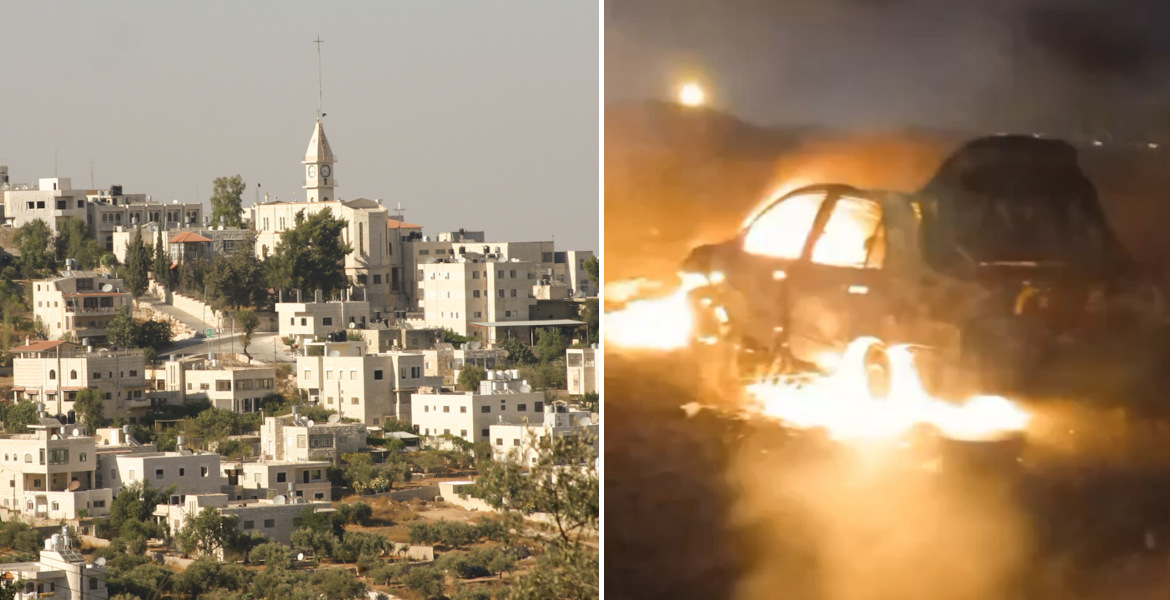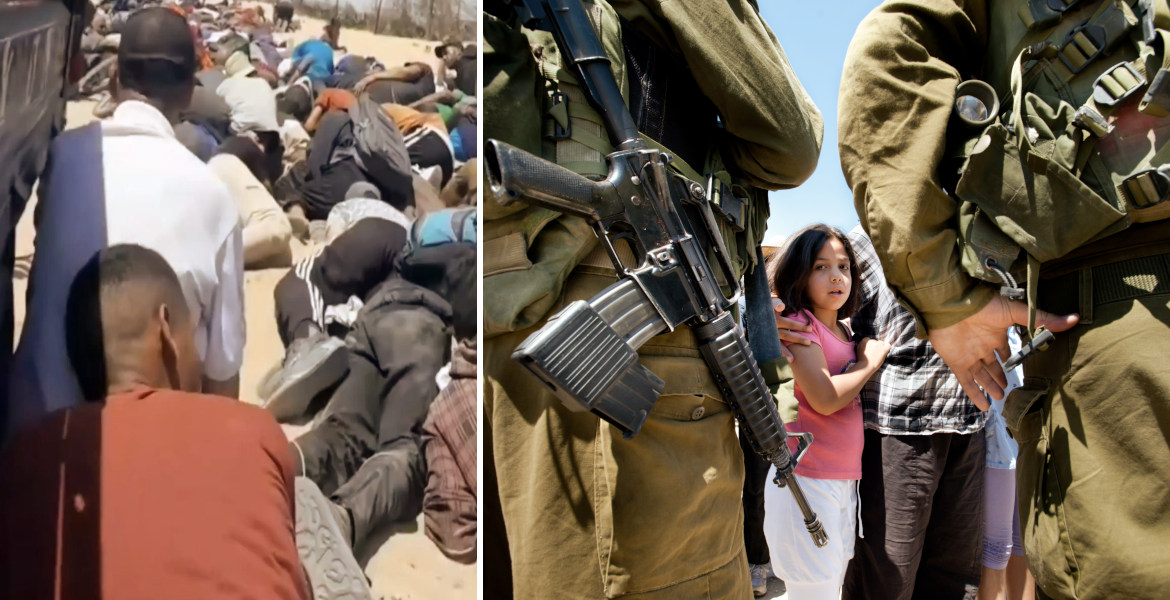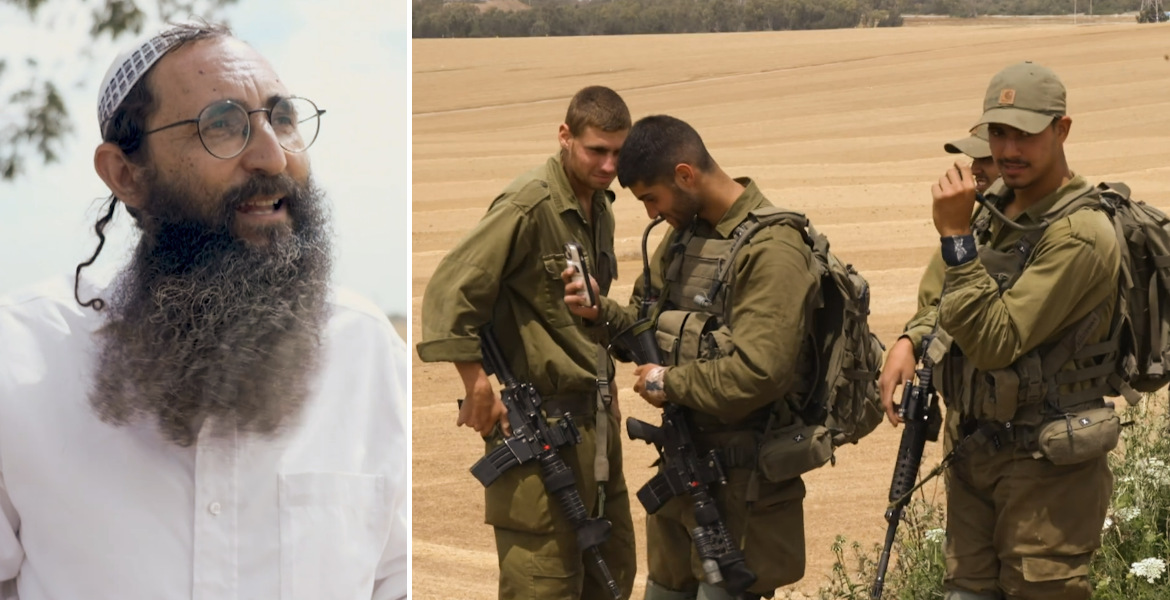UK Chief Rabbi Ephraim Mirvis has publicly condemned the decision by British authorities to revoke 30 of some 350 arms export licenses to Israel.
The rabbi argues that Israel is striving for a “peaceful future” and that it is necessary to “standing together against our common enemies”.
In a statement on the X Platform, Mirvis calls the decision “incomprehensible” because it comes “at a time when Israel is fighting a war for its survival on seven fronts, which was imposed on the country on October 7”.
The rabbi further claims that the decision feeds “the falsehood that Israel is in breach of International Humanitarian Law, when in fact it is going to extraordinary lengths to uphold it“.
Furthermore, the suspension of arms shipments is said to “serve to encourage” the “common enemies” of Israel and the UK, and does not “contribute to the peaceful future we wish and pray for”.
“Britain and Israel have so much to gain by standing together against our common enemies for the sake of a safer world. Surely that must be the way forward“, declared Mirvis.
It beggars belief that the British government, a close strategic ally of Israel, has announced a partial suspension of arms licences, at a time when Israel is fighting a war for its very survival on seven fronts forced upon it on the 7th October, and at the very moment when six…
— Chief Rabbi Sir Ephraim Mirvis (@chiefrabbi) September 2, 2024
Risk of war crimes
British leaders announced yesterday that some 30 licenses are being withdrawn because the equipment could potentially be used to commit serious violations of international humanitarian law.
Unlike the US, the UK does not hand arms directly to Israel, but instead licenses companies to sell arms to the Jewish state – a practice that has come under increasing criticism. The export licenses that are now being stopped relate to components for Israeli air systems, fighter jets, helicopters and drones.
More than 40,000 Palestinians have been killed since Israel’s bombing and invasion began in October, while tens of thousands more are injured or missing, and a majority of Gaza’s population is displaced. According to the Israeli authorities, the total death toll stands at around 1,700 – most of them killed in Hamas attacks on October 7.








